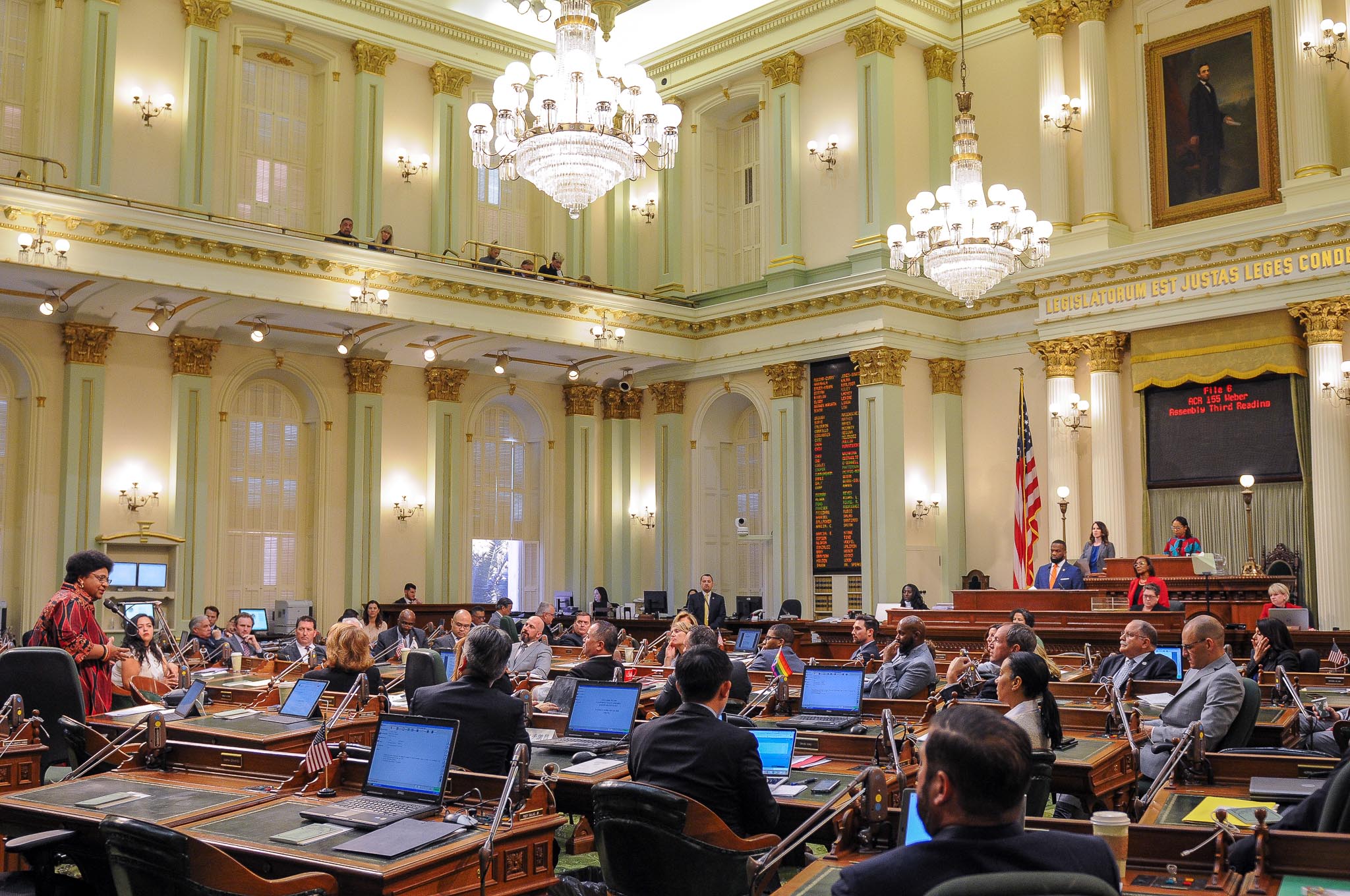
Legal System. (Photo: Billion Photos/Shutterstock)
Production of Business Records under California’s Evidence Code
Unless otherwise agreed, the copy of the records is to remain sealed and opened only at the time of trial, deposition, or other hearing
By Chris Micheli, August 8, 2024 2:30 am
California’s Evidence Code, in Division 11, Chapter 2, Article 4, has specified rules for the production of business records. Section 1560 defines the term “business” and “record.” When a subpoena duces tecum is served upon the custodian of records or other qualified witness of a business in an action in which the business is neither a party nor the place where any cause of action is alleged to have arisen, and the subpoena requires the production of all or any part of the records of the business, it is sufficient compliance if the custodian or other qualified witness delivers by mail or otherwise a true, legible, and durable copy of all of the records described in the subpoena to the clerk of the court together with the affidavit within specified time periods for either a criminal action or a civil action.
In addition, the copy of the records must be separately enclosed in an inner envelope or wrapper, sealed, with the title and number of the action, name of witness, and date of subpoena clearly inscribed thereon; the sealed envelope or wrapper shall then be enclosed in an outer envelope or wrapper, sealed, and directed as specified in this section.
Unless otherwise agreed, the copy of the records is to remain sealed and opened only at the time of trial, deposition, or other hearing, upon the direction of the judge, officer, body, or tribunal conducting the proceeding, in the presence of all parties who have appeared in person or by counsel at the trial, deposition, or hearing. An alternative procedure is also specified in this section. There are also specified procedures for a search warrant for business records regarding a criminal investigation.
Section 1561 requires the records to be accompanied by the affidavit of the custodian or other qualified witness, stating in substance five required items. If the business has none of the records described, or only part thereof, the custodian or other qualified witness is required to state that in the affidavit.
Section 1562 states that, if the original records would be admissible in evidence if the custodian or other qualified witness had been present and testified to the matters stated in the affidavit, the copy of the records is admissible in evidence.
Section 1563 says that this article does not require tender or payment of more than one witness fee and one mileage fee or other charge, to a witness or witness’ business, unless there is an agreement to the contrary between the witness and the requesting party. In addition, all reasonable costs incurred in a civil proceeding by a witness who is not a party with respect to the production of all or any part of business records requested pursuant to a subpoena duces tecum are to be charged against the party serving the subpoena duces tecum.
This section defines the term “reasonable costs.” The witness is required to submit an itemized statement for the costs to the requesting party, or the requesting party’s deposition officer, setting forth the reproduction and clerical costs incurred by the witness. The requesting party may petition the court in which the action is pending to recover from the witness all or a part of the costs paid to the witness, or to reduce all or a part of the costs charged by the witness. There are specified procedures for the court to use in such a petition.
If a subpoena is served to compel the production of business records and is subsequently withdrawn, or is quashed, modified, or limited on a motion made other than by the witness, the witness is entitled to reimbursement for all reasonable costs incurred in compliance with the subpoena to the time that the requesting party has notified the witness that the subpoena has been withdrawn or quashed, modified, or limited.
Section 1564 provides that the personal attendance of the custodian or other qualified witness and the production of the original records is not required unless, at the discretion of the requesting party, the subpoena duces tecum contains a clause which reads: “The personal attendance of the custodian or other qualified witness and the production of the original records are required by this subpoena. The procedure authorized pursuant to subdivision (b) of Section 1560, and Sections 1561 and 1562, of the Evidence Code will not be deemed sufficient compliance with this subpoena.”
Section 1565 says that, if more than one subpoena duces tecum is served upon the custodian of records or other qualified witness and the personal attendance of the custodian or other qualified witness is required, then the witness must be deemed to be the witness of the party serving the first such subpoena duces tecum.
Section 1566 states that this article applies in any proceeding in which testimony can be compelled. Section 1567 authorizes a completed form for income and benefit information provided by the employer to be admissible in a proceeding for modification or termination of an order for child, family, or spousal support if both of the specified requirements are met.
- What Type of Lobbyist Do You Want to Be? - February 28, 2026
- Proration of Estate Taxes - February 28, 2026
- Corporations Commissioner Powers - February 27, 2026




